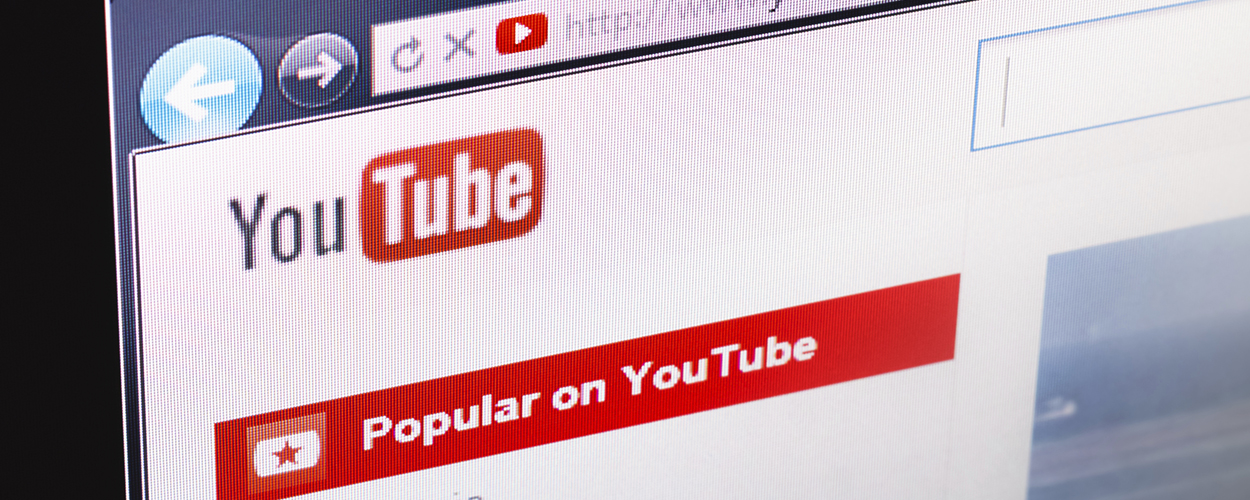This website uses cookies so that we can provide you with the best user experience possible. Cookie information is stored in your browser and performs functions such as recognising you when you return to our website and helping our team to understand which sections of the website you find most interesting and useful.
Business News Digital Labels & Publishers Legal Top Stories
European Commission paper considers increasing copyright obligations of YouTube et al
By Chris Cooke | Published on Friday 26 August 2016

So the European Commission is considering putting new obligations onto user-upload platforms as part of its ongoing copyright review, though it’s as yet unclear whether the proposals – even if they became law – would have any impact on the user-upload platform most music people actually care about, ie big bad YouTube.
As much previously reported, in the last year the music industry has made it lobbying priority number one to alter the safe harbours of copyright law which allow internet companies to side-step liability for copyright infringement when users upload unlicensed content to their servers. Under the safe harbours, net companies only need act over unlicensed content on their platforms when made aware of it by a rights owner.
The safe harbours are utilised by companies like YouTube to operate opt-out rather than opt-in streaming services. The record companies and music publishers – despite most having licensing deals in place with YouTube – don’t like that fact, arguing that by exploiting the safe harbours YouTube secures much more preferential deals from rights owners than opt-in services like Spotify and Apple Music, which – they say – distorts the market. The music industry wants the safe harbours amended so that services like YouTube no longer benefit.
Despite taking on the weight of Google’s lobbying machine – not to mention lobbyists working for other web giants – the music industry’s reps have insisted they’ve been getting a positive response from policy makers in Europe on this point.
And now Reuters says it has seen a draft paper from the European Commission that proposes new obligations on user-upload platforms to both seek licensing agreements with rights owners and to put in place “appropriate and proportionate measures, such as content identification technologies, to ensure the functioning” of any agreements with the content industries.
Which might be good news. Though the problem for the music business – whose main target in the safe harbours debate is YouTube – is that the Google-owned company will likely argue that it already does both of those things.
While new legal obligations might motivate YouTube to further enhance its Content ID system – which is one of the better automated content identification platforms, though by no means perfect – unless the video site is obliged to monitor uploads itself for copyright infringing material, it will still likely have the upper hand when deal making, which means the music industry will face the same problems.
But the devil is in the detail, and it will be interesting to see what the final version of the paper proposes when it is published next month.





